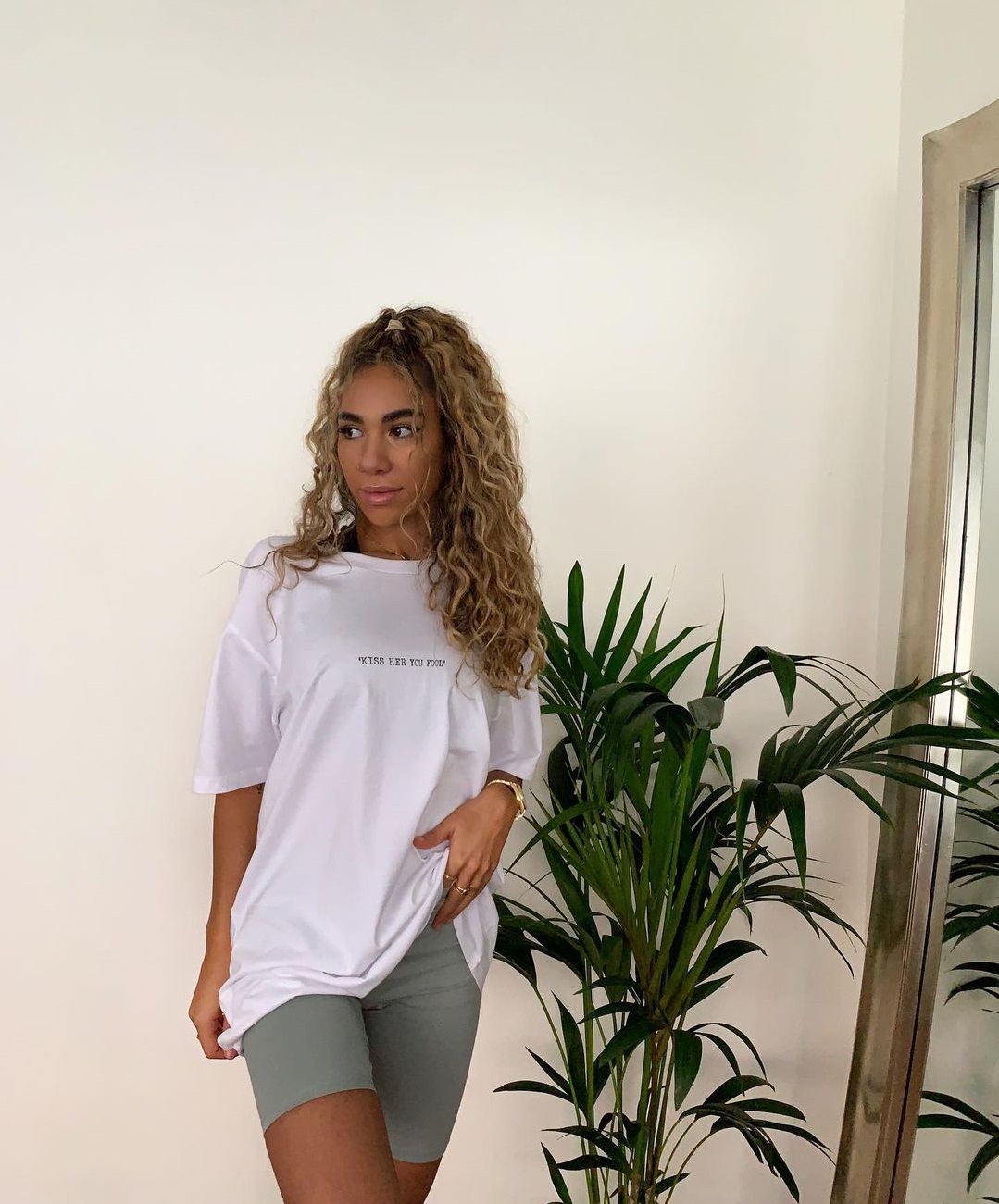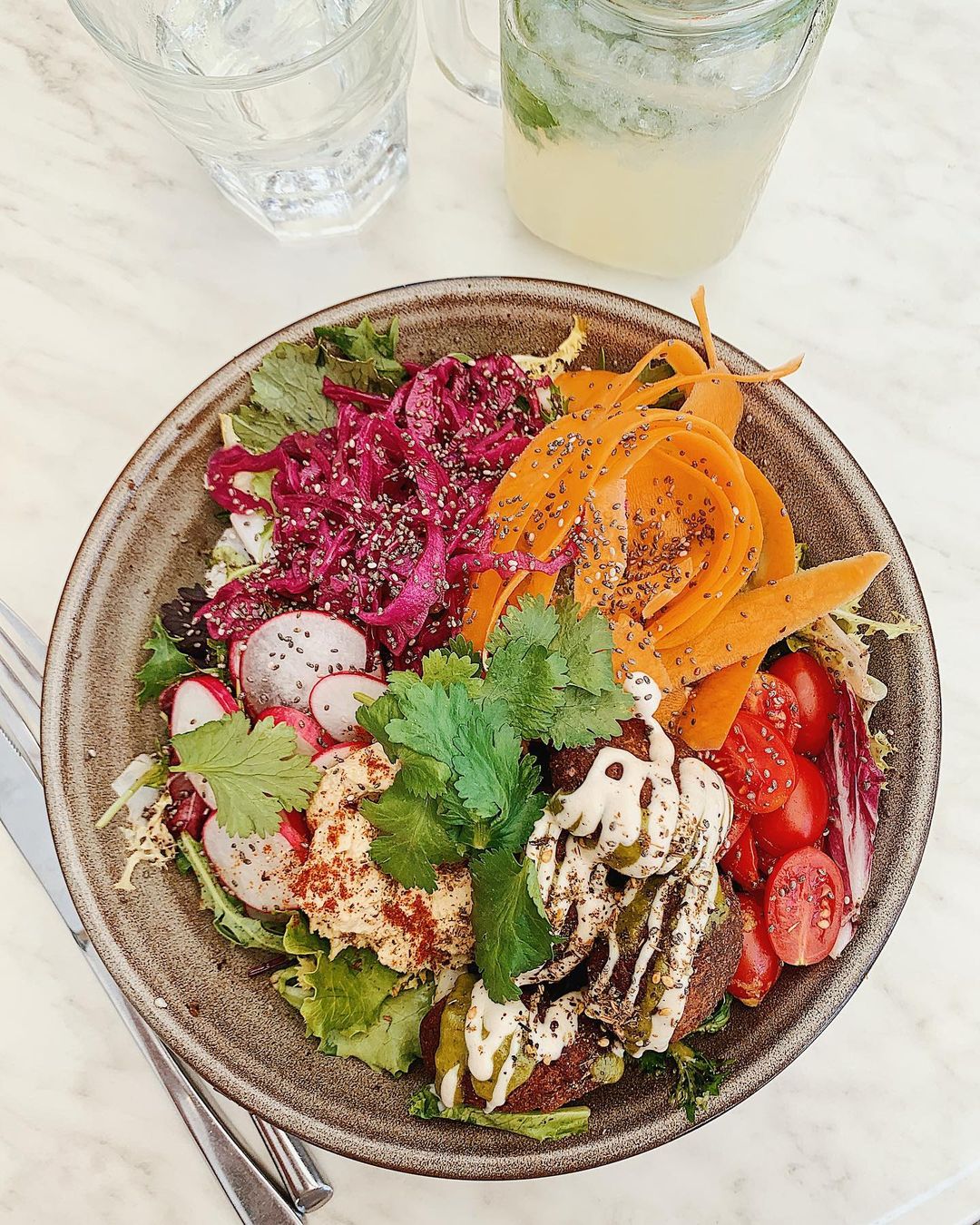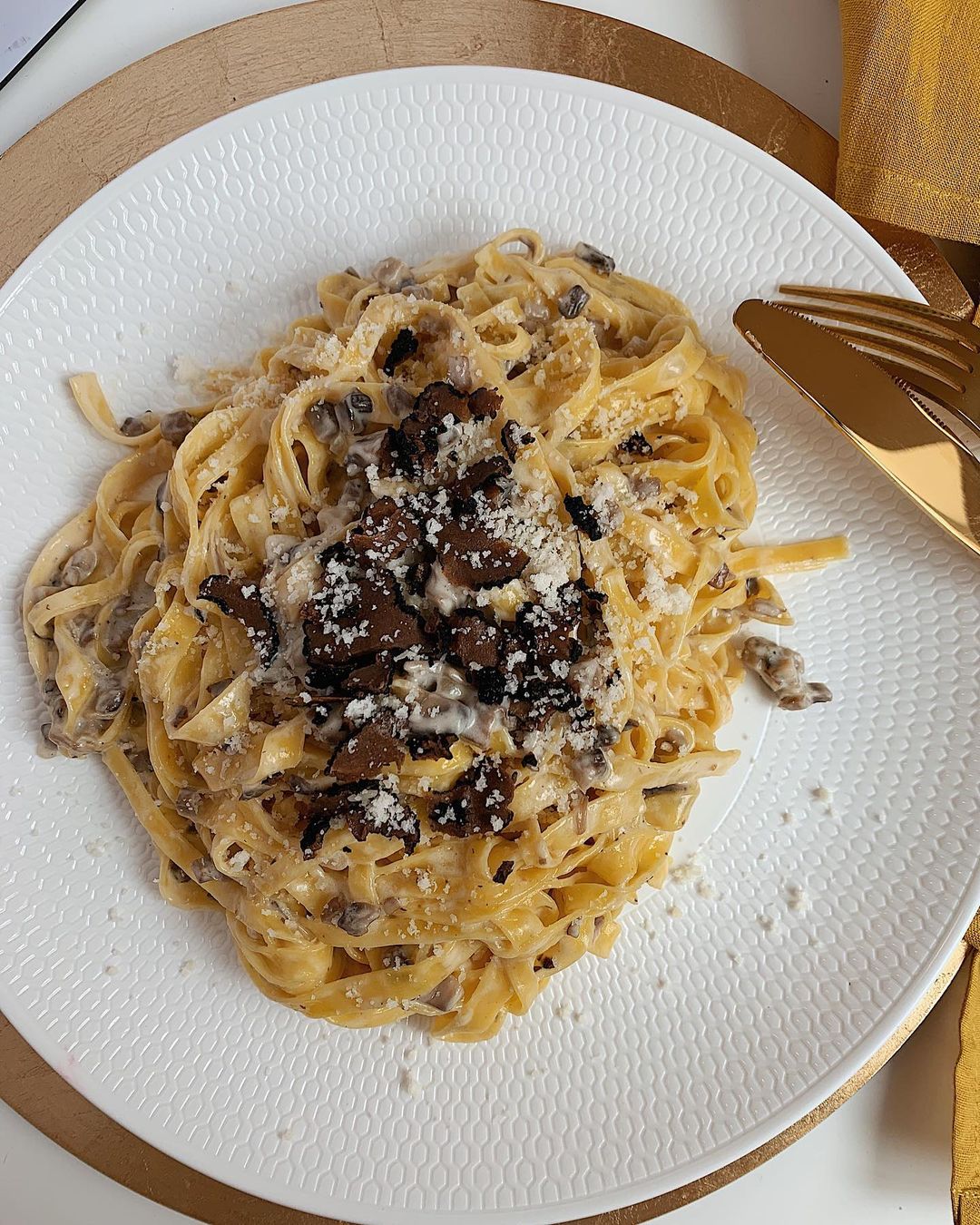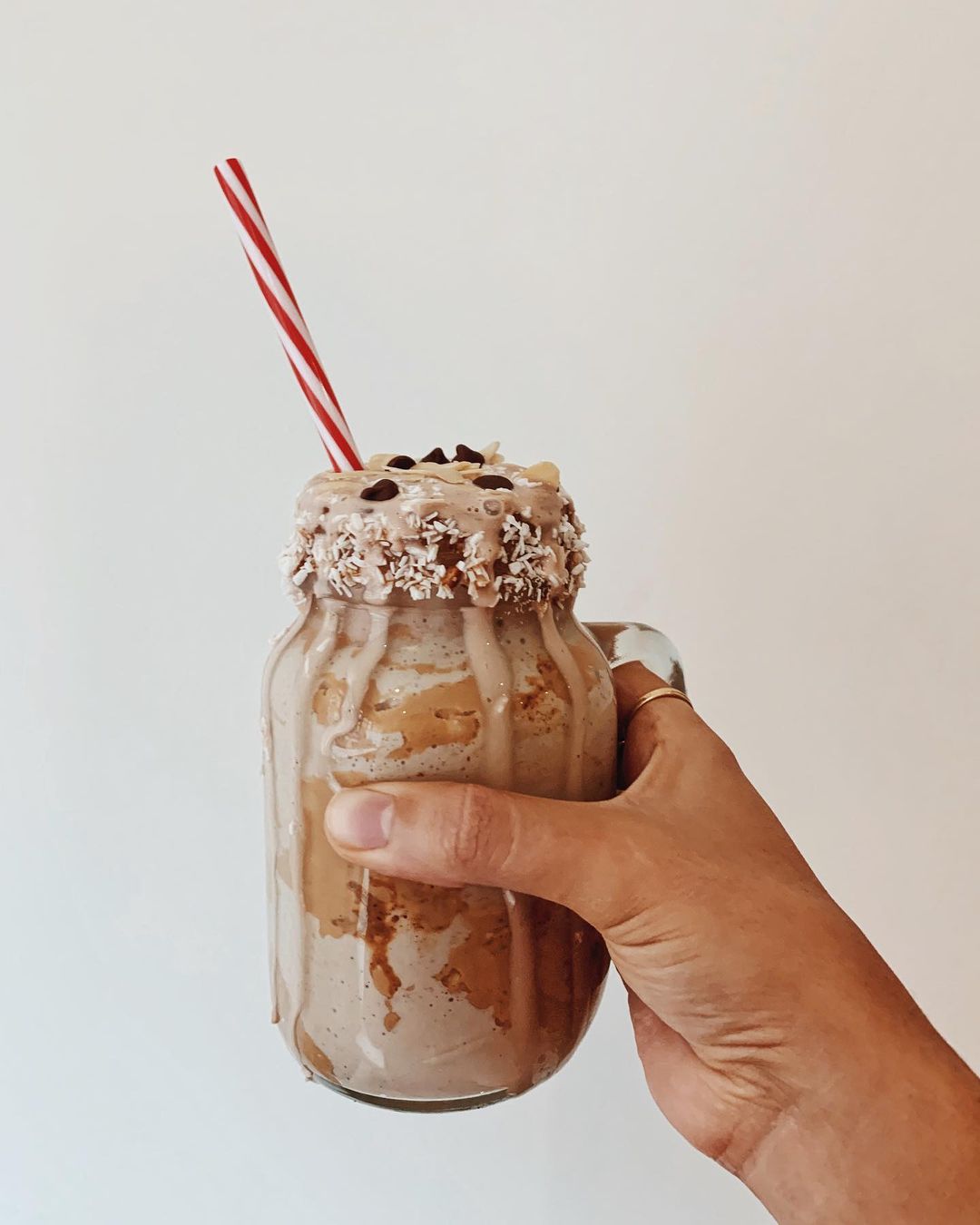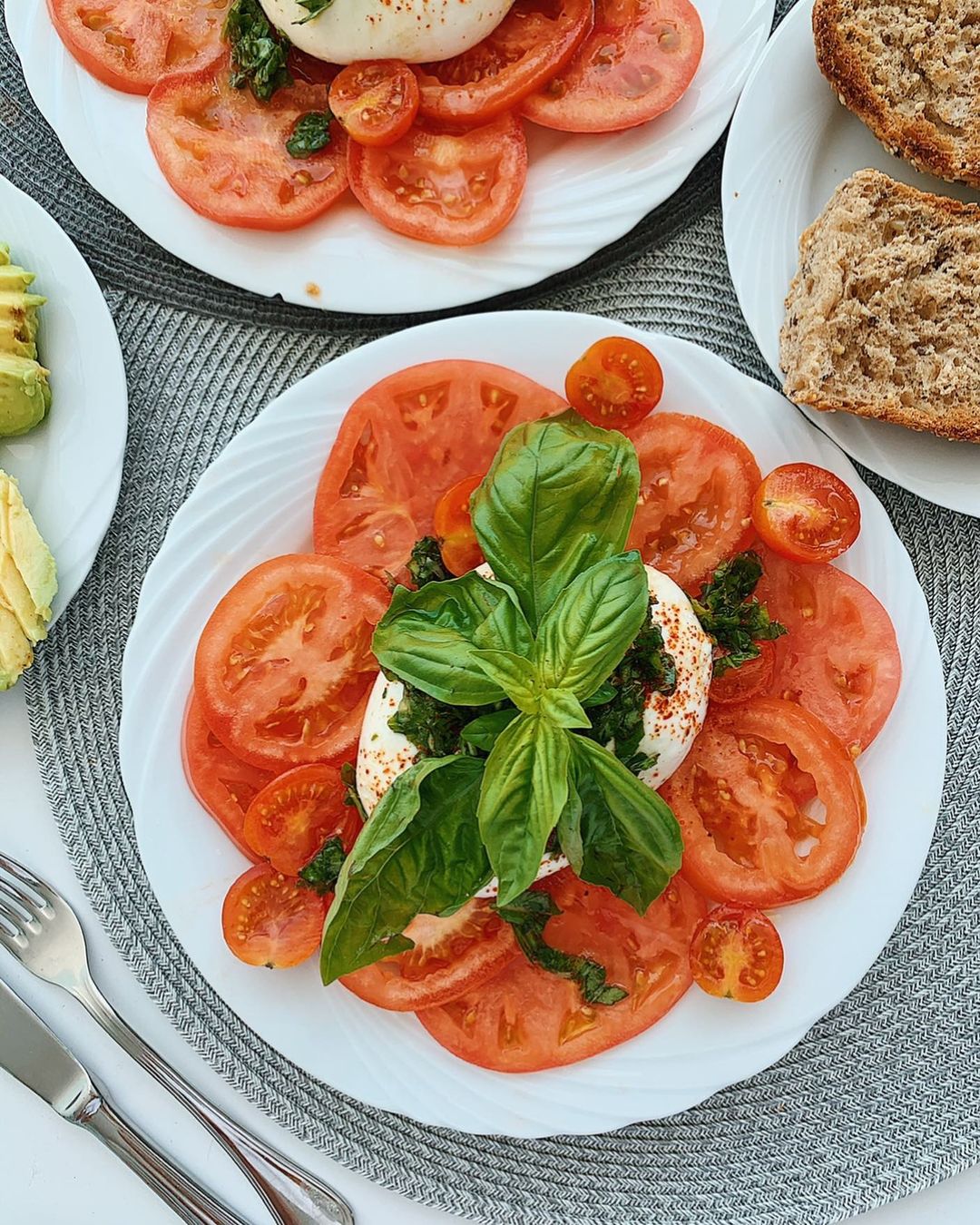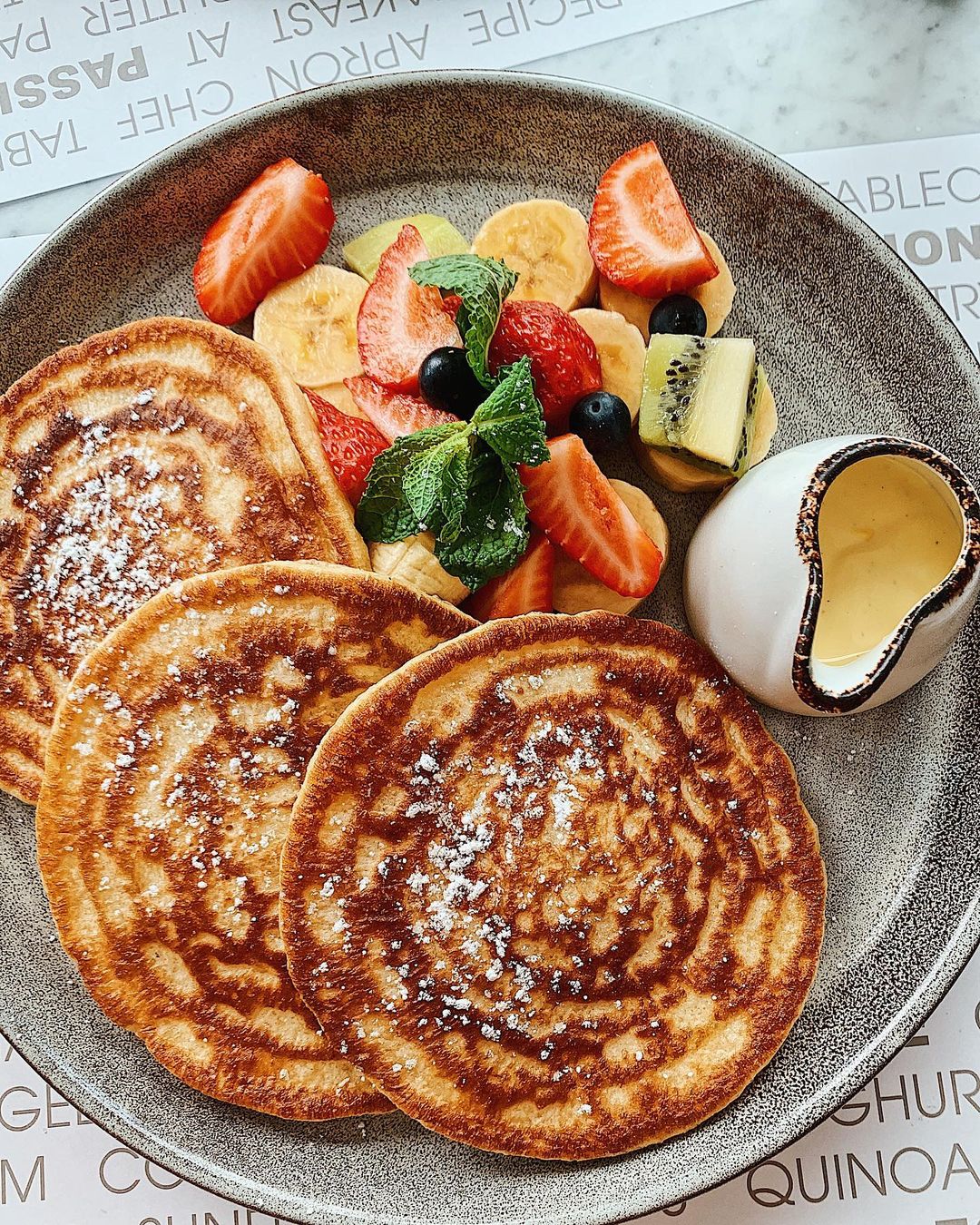After hearing the renowned saying ‘health is wealth’ or ‘healthy body, healthy mind’, one may wonder, what really defines health? It’s believed that health is the greatest wealth when it’s a combination of someone’s physical, mental, emotional, and social well-being. Your diet and lifestyle also play a huge role in keeping you fit, positive and happy.
Nuna Kamhawi, registered associate nutritionist and founder of Nutrition with Nuna, provides people with a health-orientated educational hub, filled with evidence-based information, food facts and figures. Having recently completed her Nutrition MSc at Kings College London, she aims to give people the knowledge and inspiration they need on their journey to being their best and happiest self.
Tess Hardy of Setting Mind interviews Kamhawi to learn more.
Hardy: What originally inspired you to pursue and complete an MSc in Nutrition?
Kamhawi: It all started in my early teens when I developed an interest in my own body. I grew up in a family where the women (and men actually!) were always conscious of their weight, during a time where the media was always focused on the way that celebrities looked. So, my interest in nutrition first came from a place of wanting to look a certain way, and I was quite obsessed with it.
Since then, my motivations have moved far from just wanting to shed the pounds, and I’ve been able to explore all the more important avenues of nutrition. I’ve also always been a keen scientist, studying Cell Biology for my undergraduate degree. I often found myself trying to relate what I was learning back to my own health and nutrition. I also had a track record of giving my friends and family advice on things I’d read online. It seemed only natural for me to do an MSc in a subject that I spent a lot of my time thinking and talking about!
We understand that it’s not a one-size-fits-all approach when it comes to food, but in the life of Nuna, what would you typically eat in a day?
You know what, I entered the world of nutrition very naive. Since starting my nutrition blog, I’ve learnt a lot about the ethics of giving nutrition information and the way that can negatively impact the minds of other people who are desperate to look a certain way. This question is one of those taboo areas in the world of health & wellness.
Firstly, I eat so differently every day depending on my plans, how I feel, the time of the month etc. Secondly, what I require nutritionally will be completely different to everyone else because of differences in genetic makeup, activity, height, size etc.
I think it’s really important not to compare your diet to what somebody eats in one day. It’s much more beneficial to reflect on your own eating habits over a longer period and ask yourself a few questions. Are your activity levels aligning with how much you’re consuming? Are you eating past the point of feeling uncomfortably full? Do you have a balanced diet full of vegetables, protein and good fats, while also allowing yourself to eat the less nutritious foods in moderation too?
You’ve suggested to stop fighting foods that make you happy. What would be your go-to advice to help others eat in a health-conscious way, without depriving themselves of the foods they love?
Yes, I really think that when you deprive yourself of certain foods or food groups, you’re setting yourself up for failure (and also unhappiness!). My advice is to listen to your body…really learn to understand what it’s trying to signal to you. This takes a bit of time to adjust to if you’ve been in a cycle of yo-yo dieting, but once you get there you’ll find you don’t need to deprive yourself of anything.
When you want something sweet, first think about whether your body is actually trying to tell you it’s thirsty. If it’s not thirst, then eat your sweet food of choice and do so while intuitively listening to your body. Once you feel like it’s getting a bit sickly, make the conscious decision to stop. Eventually, when you realize that you have the freedom to eat what you want when you want, it’ll be so much easier to stop at that point of satisfaction. Deprivation is what leads to binging and guilt! I also know this from my own experience.
How has your personal experience been when trying to find this balance? Have you formed favoured diet/exercise habits as a result?
It’s taken years of going through cycles of dieting, then eating ridiculous amounts once I reached my goal weight, then ending up unhappy again. Starting my nutrition blog helped me a lot because it opened my eyes to the detriment of dieting. I also think that realizing I should love myself at whatever weight has taken off the pressure to always be my slimmest.
It honestly feels weird that I constantly have free reign over what I want to eat, but I love it. My favourite diet and exercise habits are just eating what makes me feel good at that moment (emotionally or physically), and walking as much as I can. I also like doing 30 min HIIT workouts a few times a week but I’m not too strict with that.
How can one exercise self-control when it comes to eating in moderation and snacking? Do you have any yummy, nutritious snack recommendations?
A lot of self-control comes with listening to your body and its cues. If your body is telling you it wants more, it’s probably for a good reason! Don’t feel guilty about eating for your physical or emotional needs. Food is also there for comfort and you shouldn’t be ashamed of it, as long as you work on your problems too.
There are, however, certain foods you can eat that are more filling than others, reducing cravings later on. The three key components to a filling snack/meal are: Protein, Fat and Fibre. Protein can be found in meat, beans and pulses, nuts, yogurt and grains. Fat can be found in oils & spreads, nuts, avocados, dairy products. Fibre is found in whole-grains, fruit and vegetables. Examples of good filling snacks would be crudités and hummus, yogurt with fruit or avocado on wholemeal bread. Lastly, to avoid feeling hungry soon after you eat, keep foods with refined sugars, such as cakes or sweets, to a minimum. These foods rapidly alter your blood sugar levels and affect your appetite.
When it comes to eating smart, how can we make food choices based on what we need?
Unless you’re an athlete or have strict goals with your training, eating smartly just involves having a balanced diet. As a guideline, protein should take up a quarter of your plate, carbohydrates should take up another quarter, and the remaining half should consist of vegetables. You also need a healthy source of fat, which can come from dairy, nuts, oils and importantly, oily fish. Oily fish contains omega-3 fats, which have so many benefits ranging from heart to brain health. It’s recommended that everyone eats a portion of oily fish per week. This could be salmon, fresh tuna or even trout.
If you don’t eat fish, an omega-3 supplement is really important – make sure you’re buying DHA/EPA. So, as long as you’re eating protein, carbohydrates, healthy fats and fibre, you should be getting everything you need. Remember to stay in tune with your body and listen out to whether you are eating enough or too much. If you’re vegetarian or vegan and don’t eat meat/dairy, it’s really important that you diversify your diet to make up for the nutrients you could be missing out on!
Can you explain a little bit more about the beneficial roles of probiotics and prebiotics in gut health for people who might not know?
Yes! We’re recently discovering the huge role that our gut bacteria play in our health. Not only do they carry genes for our digestive enzymes, but they also secrete little molecules called short chain fatty acids (SCFAs), that are absorbed into our bloodstream and help us out in various ways! SCFAs are known to help regulate our immune system, dialling down the inflammatory response (that causes unpleasant symptoms of being sick) while elevating the healing cells that help repair damage. Our immune system is important for fighting infections and diseases but also influences things like regulation of body weight, the success of pregnancy and anti-cancer surveillance.
Also, recent studies are beginning to highlight a potential role for SCFAs in regulating mood and reducing chances of anxiety or depression! This is why it’s important to keep those little gut friends happy, and this can be done through diet. Prebiotics are foods that feed our microbiota, such as fibre. We need lots of it and a variety of it too!
Different sources of fibre will encourage a more diverse gut microbiota, which is exactly what we want. Probiotics are foods that contain live microorganisms, helping increase the populations in our gut. These include yogurts and fermented foods such as kombucha. However, there’s little evidence that fermented foods are as effective, and their probiotic power may be affected by any food processing.
Do you think society has been conditioned to think some foods are bad? If so, how can we change our view of certain foods to help our relationship with them?
Yes, unfortunately, it’s true. How many times have you heard someone say they were really naughty and ate badly that day? We’ve grown up to see those foods that are high in sugar and fat, as a kind of ‘forbidden fruit’. We’re taught that we can only eat these foods if we earn them and that these foods are causing all our weight issues. The truth is, it’s our attitude towards them that’s the issue.
The thing is, no food on its own is inherently bad for you. It may be less nutritious than other foods, but it still holds a nutritional value if it contains sugar or fat. I think it’s a lot more beneficial to look at your diet as a whole, rather than just one food choice. You can still be healthy and eat foods high in sugar and fat, it depends what else you eat, and how much or how often you eat them. I think it’s really important to start seeing foods as neutral – neither good nor bad.
Some foods are definitely more nutritious than others and should be the main focus of your diet, but those less nutritious foods still have a place too. Food isn’t just for nutrition, it’s for enjoyment too. In my opinion, I think society needs to start combatting this with our children. We need to stop bringing them up to see cake or ice cream as special treats and vegetables as the boring part of the meal. This is one of the reasons why we turn to sugary, fatty foods when we need cheering up!
Veganism and plant-based diets have really taken off, especially in the past few years – what are your thoughts?
I think it’s really great that people are eating more vegetables and less meat. Our planet needs it and so do our bodies. However, I do think that these labels can have a detrimental effect on some of the goals we should be trying to achieve. The term ‘vegan’ can be scary to some meat and dairy consumers, distracting them from what’s actually important. Sticking to a meat and dairy-free diet like it’s a religion is not necessarily what we need – we just need to eat less of it! I think it also brings many vegans feelings of guilt and failure if they do give in to a food that contains animal products.
From a nutritionist’s point of view, I also have concerns about what nutrients may be lacking from a vegan’s diet. You can absolutely get all the nutrients you need as a vegan, but it takes a lot more planning and making sure you’re eating a wide variety of foods.
Lastly, from a sustainability point of view, I think it’s important to remember that anything in mass production is detrimental to the planet. The avocado trend has resulted in even more deforestation, as well as the carbon footprint associated with their transportation. So in addition to being vegan, try to eat locally sourced produce as much as you can.
What can we expect to see next when it comes to expanding Nutrition with Nuna?
This is a really exciting time because I’m still trying to find my feet. At the moment I’m looking to others for inspiration and trying to educate myself as much as possible so that I can start doing things like podcasts and YouTube videos in 2021. I’m always trying to think of new ways to excite my audience and inform them of all the important things to know when it comes to being your healthiest and happiest self.
I love writing articles and speaking about general topics to an audience, but I’m also looking to help people on a more personal level…which I will do, once I make sure I’m trained enough to take on that responsibility to ensure I give people the best service I can possibly provide. Stay tuned for everything new to come in 2021!
This interview has been edited for length and clarity.
All images in this article are courtesy of Nuna Kamhawi.

